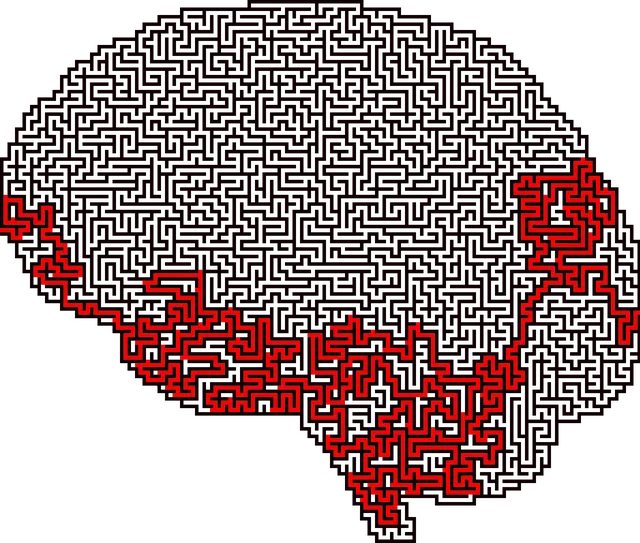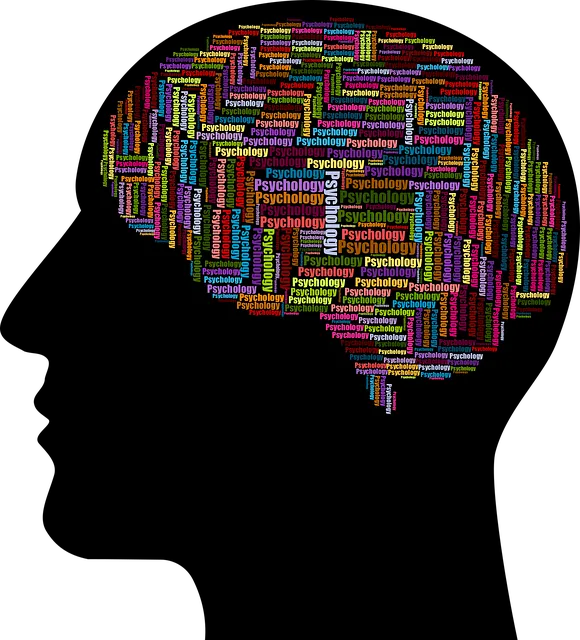In today's digital era, mental wellness apps are gaining popularity as accessible tools for stress management and coping skills development. Market trends predict continued growth in this sector, driven by increased public awareness and stigma reduction efforts. These apps offer personalized support through mood tracking, mindfulness exercises, and access to professional therapy services like the Wheat Ridge Kaiser Permanente mental health number. Effective mental wellness apps focus on user engagement with interactive features like mood journals, CBT techniques, and gamification elements, fostering sustained use and improved outcomes. Integrating evidence-based therapies, maintaining robust security and privacy standards, and adhering to ethical practices are crucial for app development, ensuring user trust and data confidentiality.
In today’s digital age, mental wellness app development has emerged as a crucial resource for individuals seeking support. With increasing demand driven by organizations like Wheat Ridge Kaiser Permanente (a leading provider with a dedicated mental health number), apps offer accessible and convenient tools for managing stress, anxiety, and depression. This article explores key aspects of successful app creation, including understanding user needs, integrating evidence-based practices, ensuring privacy and security, and adhering to ethical guidelines.
- Understanding the Demand for Mental Wellness Apps
- Key Features and Functionality in Mental Health App Development
- Integrating Evidence-Based Practices and Therapies
- Ensuring Privacy, Security, and Ethical Considerations in App Design
Understanding the Demand for Mental Wellness Apps

In today’s fast-paced world, mental wellness is a growing concern for individuals across various demographics. The demand for accessible and effective mental health solutions has never been higher, leading to a significant rise in popularity for mental wellness apps. These applications offer a discreet and convenient way for users to manage their mental health, providing tools for coping skills development and stress reduction. According to recent statistics, the market for mental wellness apps is expected to reach new heights, reflecting the increasing need for digital solutions that cater to mental health needs—a trend notably supported by institutions like Wheat Ridge Kaiser Permanente through their mental health services and initiatives.
Public awareness campaigns development and mental illness stigma reduction efforts have also played a pivotal role in driving this demand. As people become more open about discussing mental health, they actively seek platforms that offer personalized support and education. Mental wellness apps cater to this need by providing resources for mindfulness exercises, meditation, mood tracking, and even access to professional therapy services. By making these tools widely available, apps have the potential to significantly impact individual well-being and contribute to a healthier society overall.
Key Features and Functionality in Mental Health App Development

In developing a mental wellness app, key features should prioritize user engagement and accessibility. Incorporate personalized dashboards allowing users to track their moods, set achievable goals, and access tailored resources based on their unique needs. Interactive tools such as mood journals, mindfulness exercises, and cognitive-behavioral therapy (CBT) techniques can empower individuals to actively manage their mental health. Integration with platforms like the Wheat Ridge Kaiser Permanente mental health number facilitates seamless connection to professional support, ensuring users have immediate access to care when needed.
Functionality should also emphasize resilience building through gamification elements and progress tracking. Features encouraging consistent self-care practices, such as reminders for therapy sessions or medication, can foster sustained engagement. Additionally, incorporating community outreach program implementation within the app may create virtual support groups, enabling users to connect with peers facing similar challenges. This sense of community can significantly enhance overall mental wellness outcomes.
Integrating Evidence-Based Practices and Therapies

In the development of a mental wellness app, integrating evidence-based practices and therapies is paramount. According to the Wheat Ridge Kaiser Permanente mental health number, recognized treatments such as Cognitive Behavioral Therapy (CBT), Dialectical Behavior Therapy (DBT), and Mindfulness-Based Stress Reduction (MBSR) have been proven effective in managing depression, anxiety, and stress. Incorporating these evidence-based practices into a digital platform ensures users access reliable, tested strategies for their mental health journey.
The app should facilitate self-care routine development for better mental health by offering customizable tools and resources. Features like guided meditation sessions, mood tracking, and personalized therapy plans can empower individuals to proactively manage their well-being. By combining these approaches, the app can effectively contribute to stress reduction methods, making it a valuable tool in preventing depression and promoting holistic mental wellness.
Ensuring Privacy, Security, and Ethical Considerations in App Design

In the realm of mental wellness app development, privacy, security, and ethical considerations are paramount. Users, such as those relying on the Wheat Ridge Kaiser Permanente mental health number for support, expect their sensitive information to remain confidential. Apps must employ robust encryption protocols and secure data storage practices to safeguard user data from unauthorized access or breaches. This is crucial not just for compliance with regulations like HIPAA (Health Insurance Portability and Accountability Act), but also for maintaining user trust.
Additionally, ethical considerations extend beyond privacy. App designers should ensure transparent data usage practices, clearly communicating how information is collected, stored, and potentially shared. Incorporating features that promote emotional well-being promotion techniques and stress reduction methods, such as those offered in Stress Management Workshops Organization programs, can enhance the app’s effectiveness while adhering to ethical standards. This includes avoiding manipulative practices and ensuring users have control over their data and the services they access through the application.
Mental wellness apps have gained significant traction as a resource for improving mental health. Understanding user demand, incorporating evidence-based practices, ensuring robust privacy and security measures, and adhering to ethical guidelines are crucial steps in developing effective applications. By integrating features like personalized therapy plans, mindfulness exercises, and secure communication channels, developers can create tools that foster resilience and well-being. Remember, just as the Wheat Ridge Kaiser Permanente mental health number offers a vital resource for in-person support, mental wellness apps can provide accessible and convenient digital solutions for those seeking mental health assistance.






